Like our bodies, our skin responds well to a fast. Editor Trudi Brewer shares how to take a break from all of your current skincare products or routine to give your skin time to rest and reset. In other words, slacking on your standard skincare routine is AOK. Read on to learn the expert tips.
Image Instagram
With all the beauty trends that filter in and out of your social media feeds, the practice of temporarily paring down your skincare products may hold some merit. While the concept is pretty straightforward, the method of skin fasting varies depending on its needs. Much like food-related fasting, the theory of skin fast is to let your skin rebuild its protective outside (stratum corneum) layer to foster better resilience and return to its natural equilibrium. The bonus, it's an excellent way to detect products that are causing irritation, breakouts, or those that make a difference to how your skin looks and feels. Skin fasting doesn't have to be a total elimination of your skincare products; sometimes, it can be just phasing out one product at a time to test what works best for your skin type.
How to skin fast
While the ideal skin fast is to use nothing but water on your skin, we recommend sticking to the basics like cleanser and sunscreen but eliminating all other products (serums, moisturisers and eye creams) by going cold turkey. According to a dermatologist and our favourite Instagram derm Lindsey Zubritsky, "Eliminating all products can potentially wreak havoc on your skin, so this is something that I don't recommend," she says. "For example, if you stop washing your face with a cleanser, dirt, debris, makeup, and oil can build-up, resulting in more breakouts."
Who Should Try Skin Fasting?
For anyone with sensitive skin, this helps eliminate anything that can trigger inflammation or those with oily and acne-prone skin. It's ideal if your skin needs a reboot, especially for those experiencing more blemishes, dryness, or irritation than usual.
Who Should Avoid Skin Fasting?
"For those with skin conditions such as eczema, uncontrolled acne, rosacea, melasma, or other skin disorders that do require topical products to help," says Zubritsky. "I am not a fan of the cold turkey, total elimination of all skincare products at once, especially if your skin condition requires active ingredients. Also, not protecting your skin with sunscreen (is always risky), especially if you're using retinol, then you must continue to wear sunscreen and limit sun exposure."
If your skin is balanced, hydrated and free from issues, then skip fasting - as the saying goes—if it's not broken, don't fix it.
The final take home
Skin fasting is successful on a case-by-case basis. The method is not a one-size-fits-all process; responding to your skin's needs is the safest way to proceed when trying out skin fasting. "I do recommend slowly taking away one product at a time to see how your skin reacts," says Zubritsky. "Skin fasting in the sense of 'detoxing' your skin has no physiological or scientific basis."Like any other detox or reset, skin fasting can be helpful for those who want a fresh start or a new skincare regime. "Skin is very smart and will become resilient over time," adds Fernandez. "What I recommend is occasionally just using the basics [cleanser, SPF] and giving your skin time to rest and rebuild. Zubritsky left us with one final rule: Always wear your SPF. "If you do want to try skin fasting, I recommend at the very least wearing sunscreen every day. That is one non-negotiable step."

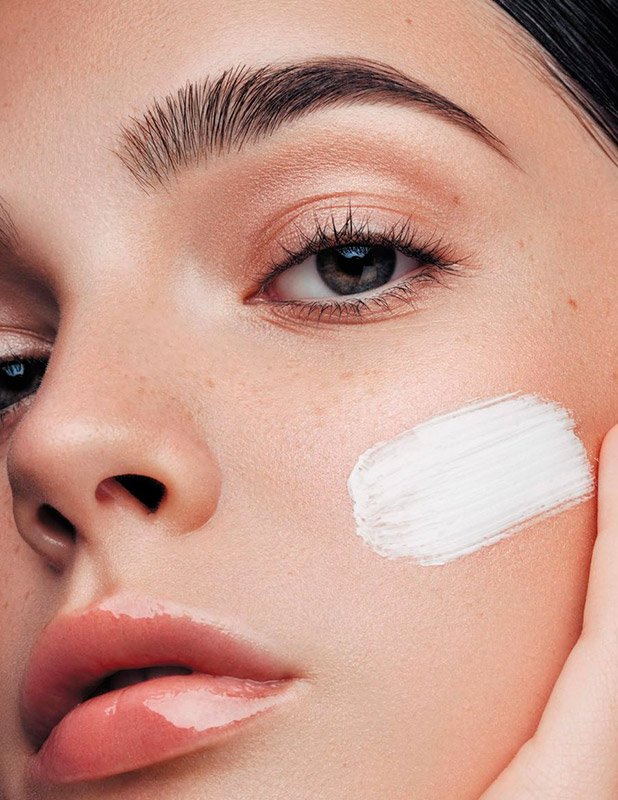

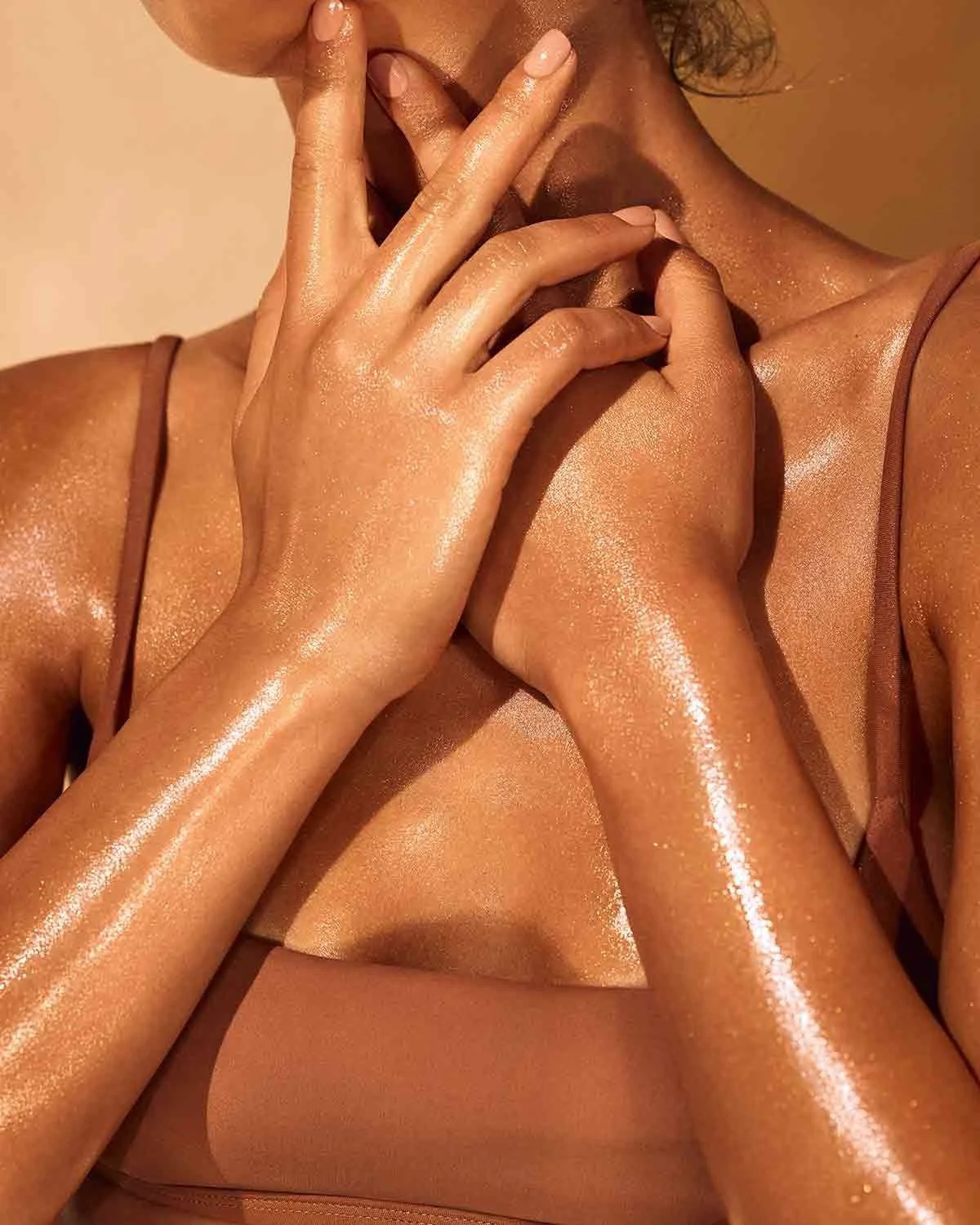

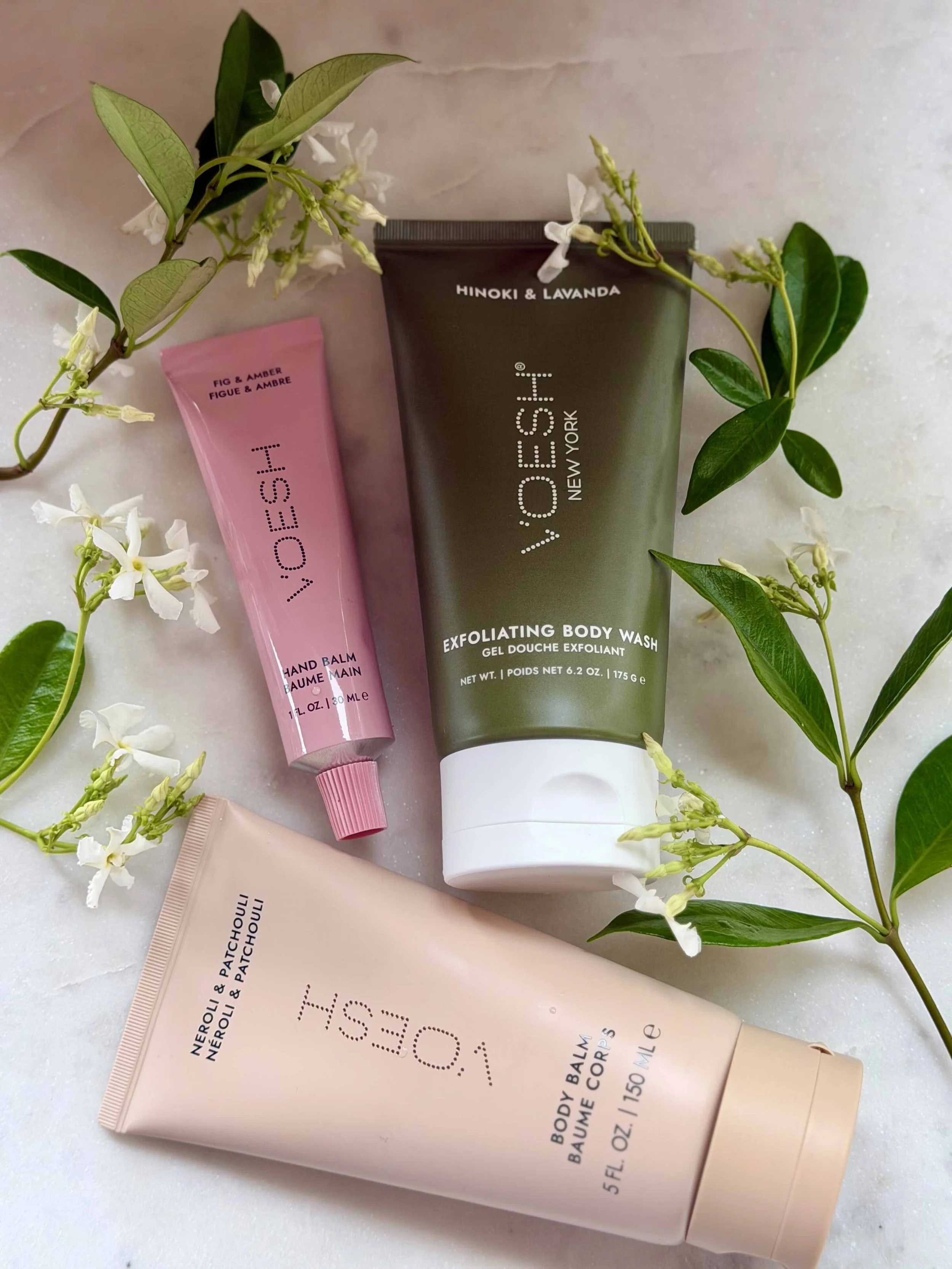
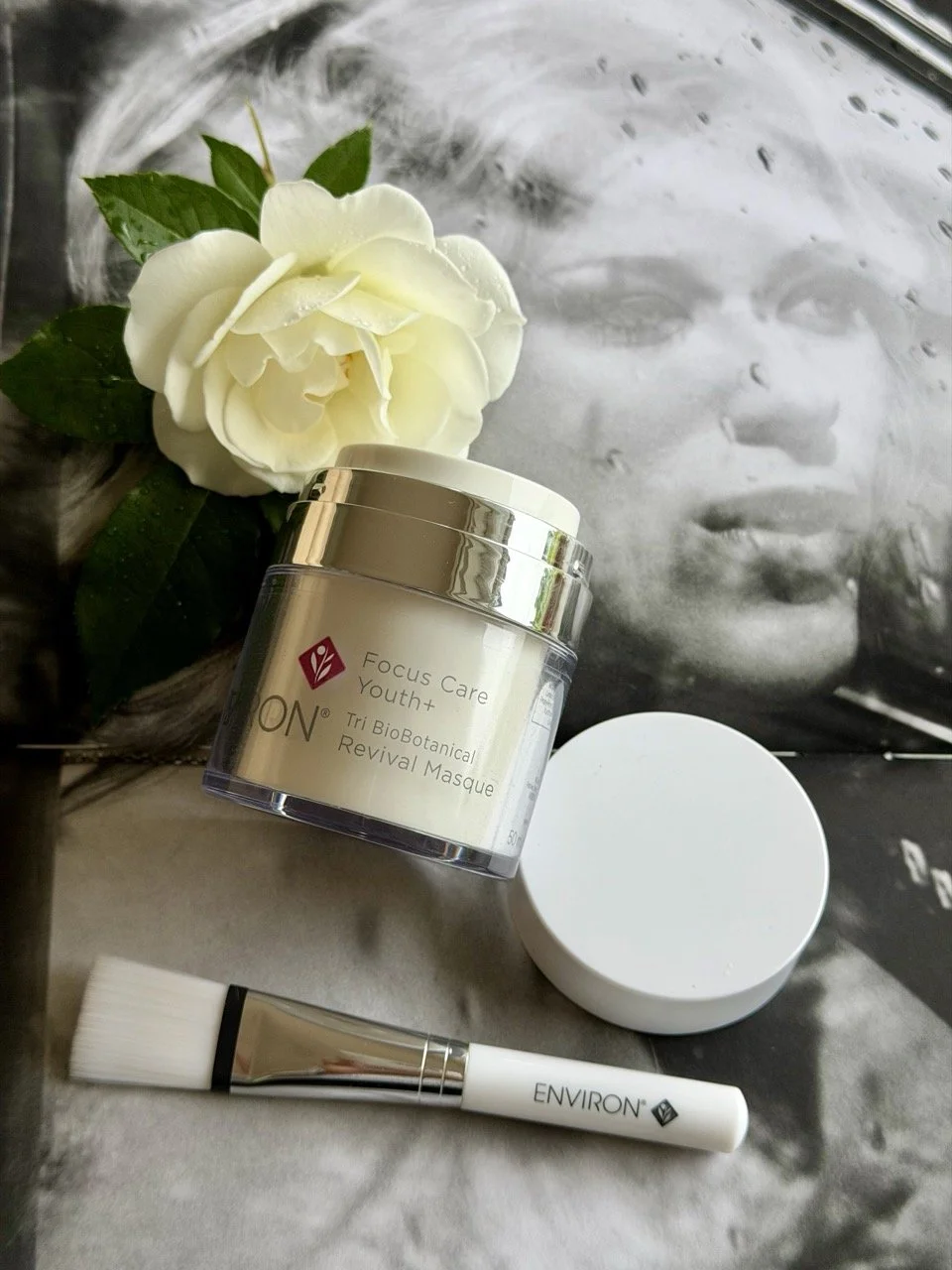



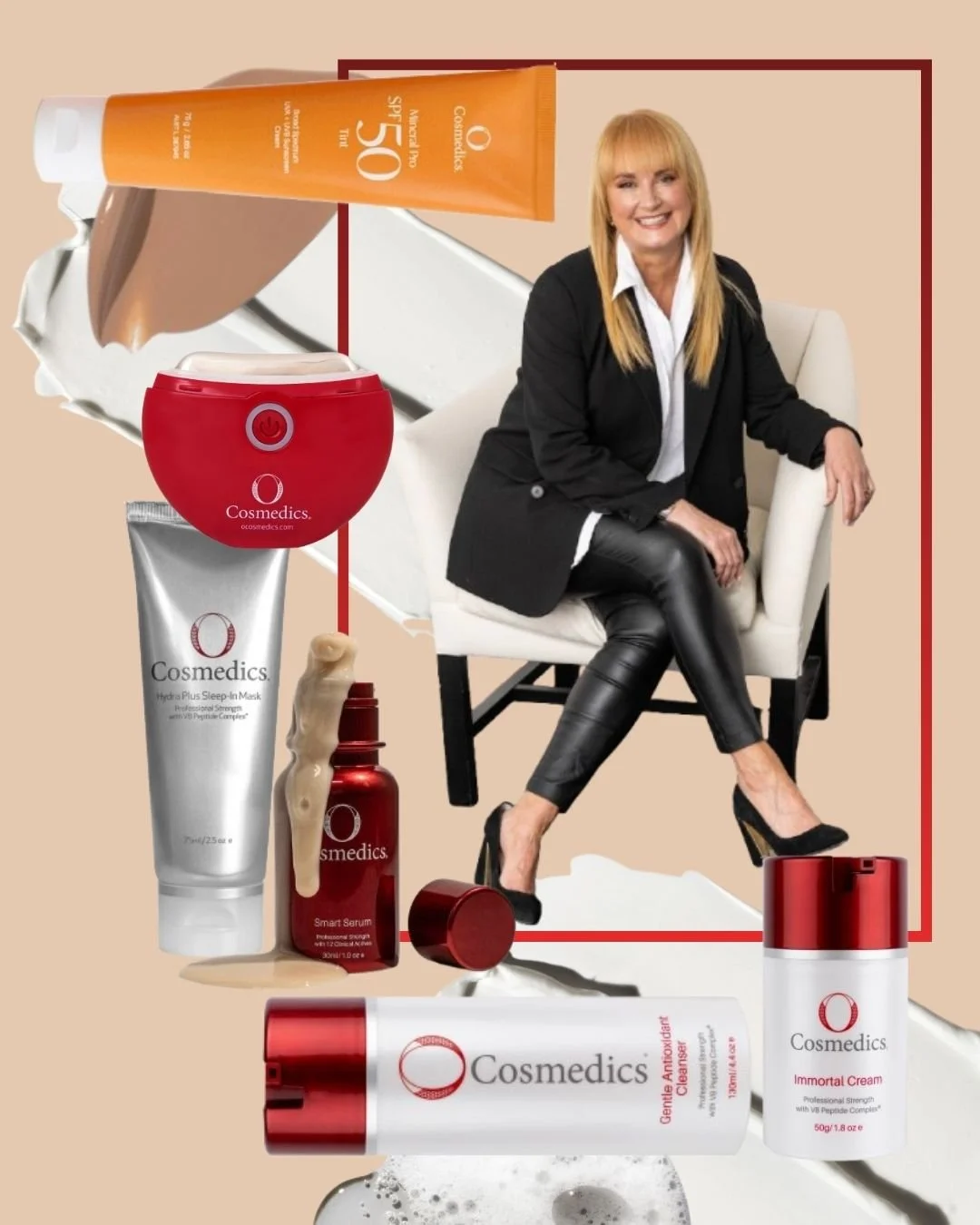
Meet the duo behind a skin membership destination in our capital city.